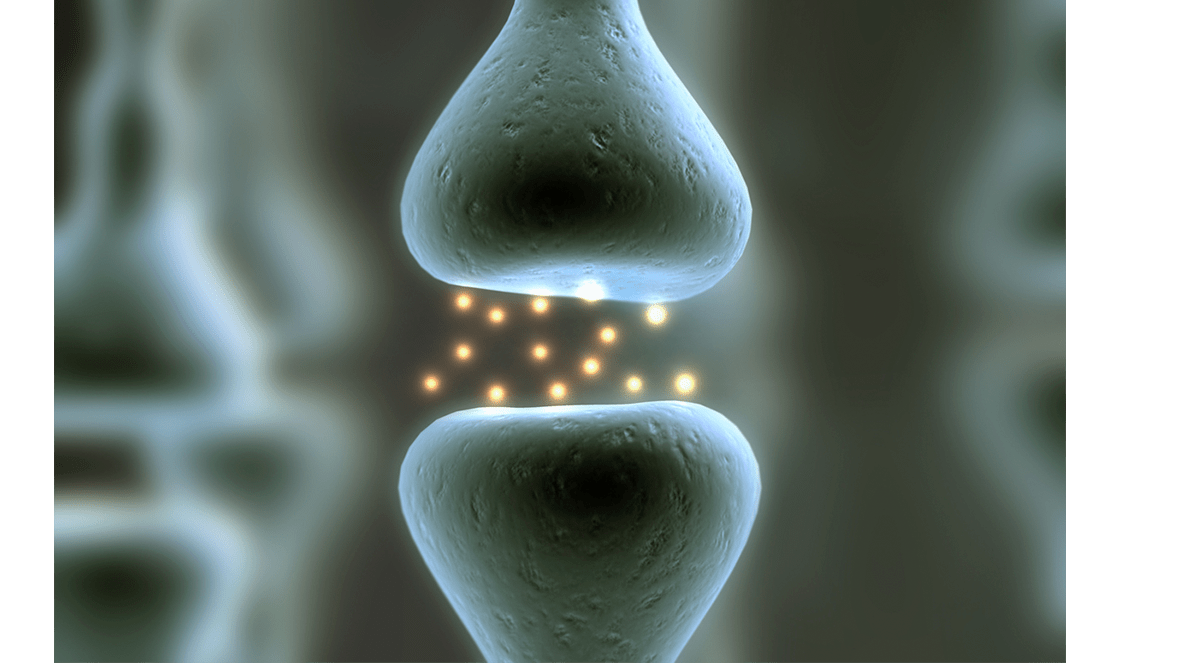Non-pharmacological interventions such as physiotherapy are recognized as important elements in the overall clinical management of motor impairments in PD, but evidence of physiotherapy in advanced disease stages is sparse. A recent trial found positive effects of multimodal balance training in people with mild to moderate PD, with greater and more sustained effects when rhythmical auditory stimuli were added. It is unclear whether such multimodal balance training is also effective in people with advanced PD (Hoehn & Yahr stage 4).
We performed a pilot prospective single-blind, randomized clinical trial to study the effectiveness of multimodal training with and without rhythmical auditory stimuli. We screened 76 people with Parkinson’s disease and Hoehn & Yahr stage 4 by telephone; 35 patients were assigned randomly into two groups: (1) multimodal balance training with rhythmical auditory stimuli (RAS-supported intervention, n = 17) and (2) multimodal balance training without rhythmical auditory cues (n = 18). Training was performed for 5 weeks, two times/week. Primary outcome was the Mini-BESTest (MBEST) score immediately after the training period. Assessments were performed by the same two blinded assessors at baseline, immediately post intervention, and after one and 6-months follow-up.
Immediately post-intervention, both intervention groups improved significantly on Mini-Best scores, without differences between both intervention modalities. In both groups, results were retained at one-month follow-up. At 6-months follow-up, the effects were retained only in the RAS-supported intervention group. For both intervention groups, no improvements were found on secondary outcome measures for gait.
Both RAS-supported multimodal balance training and regular multimodal balance training improve balance in PD patients in advanced disease stages. Effects appear to sustain longer in the RAS-supported training group.
Copyright © 2020 The Authors. Published by Elsevier B.V. All rights reserved.
Effects of multimodal balance training supported by rhythmical auditory stimuli in people with advanced stages of Parkinson’s disease: a pilot randomized clinical trial.


